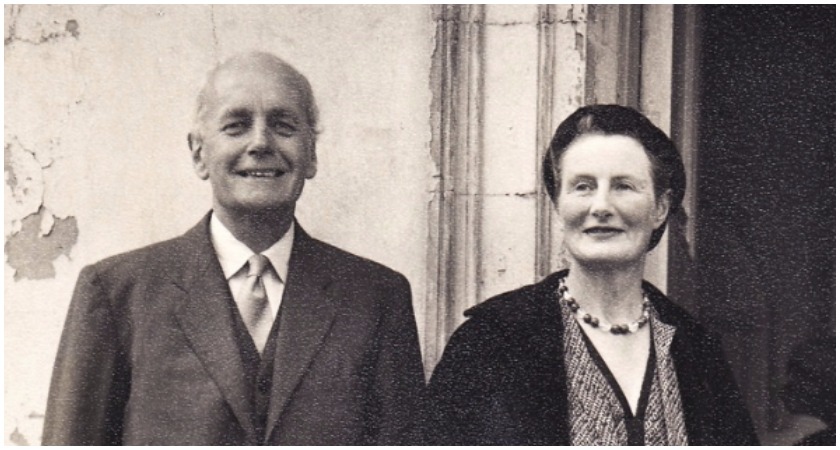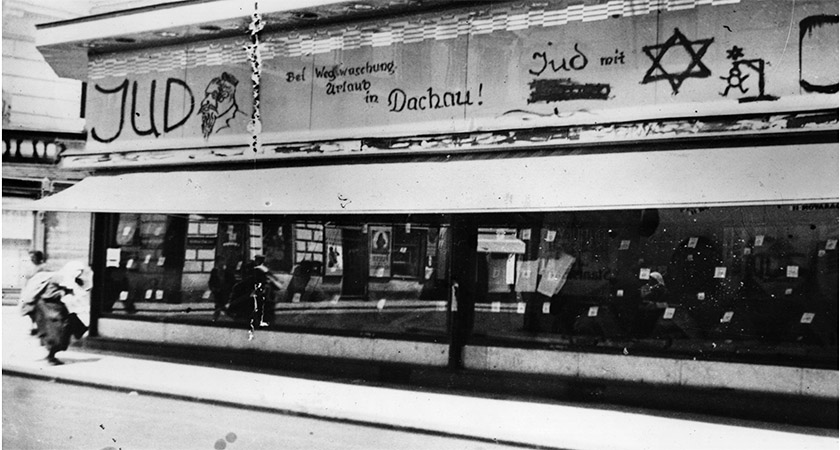A LITTLE known Irishman helped dozens of Jews escape extermination in Nazi death camps, a new documentary will reveal.
The Nuncio And The Writer – which airs on RTE One tonight – tells the astonishing story of how Co. Kilkenny man Hubert Butler conducted his own rescue missions to save men, women and children from the gas chambers.
It also reveals how the Irish writer was vilified back in Ireland for highlighting links between the Catholic Church and the genocidal puppet regime in Croatia, set up by the Nazis after they invaded in 1941.
Born in Kilkenny in 1900, Hubert Butler was educated at Oxford before going on to shock his Protestant family by supporting the republican cause.
After his graduation, Butler traveled to Russia to teach English in Leningrad, now St Petersburg.
Following the First World War, he was outraged by anti-Semitic sentiment in Ireland, after Oliver J Flanagan infamously told the Dáil: “The Jews crucified our Saviour 1,900 years ago, and they have been crucifying us every day of the week.”
Butler, who went on to become one of Ireland’s most celebrated essayists, wrote: “I was as Irish as Oliver Flanagan and I was determined that Jewish refugees should come to Ireland.”
Hubert and his wife Peggy travelled to Austria in 1938, where they assisted Jews fleeing from concentration camps such as Auschwitz.
They broke the law by shipping people out of Austria to England where Peggy would meet them, before taking them illegally to their home in Bennettsbridge, Kilkenny.
Following the conclusion of the Second World War in 1945, Butler returned to live in Kilkenny until his death in 1991.
But he has been more or less ignored beyond his home county, which was the centre of his international operations.
The Nuncio And The Writer reveals that Butler’s role in helping Jews escaping the Nazis may never have come to light had it not been for the intervention of a young Irish publisher, Anthony Farrell.
Farrell was working at Wolfhound Press in Dublin in the early 1980s when Butler’s work caught his eye from a stack of unsolicited manuscripts.
He left Wolfhound to set up The Lilliput Press and – while Butler was still alive – published three collections of his work and hooked Butler up with New York, London and Paris publishers.
Butler, aged 85, finally received the recognition he deserved six years before his death. Even more importantly, the Kilkenny hero’s heroics have continued to resonate.
Shooting for the new documentary took place in Kilkenny, Dublin, Oxford and various locations in Croatia including Dalmatia, Zagreb and Jasenovac Concentration Camp.
It was directed by Johnny Gogan, a prolific documentary filmmaker who was born in England to Irish parents.
“He got a lot of people out of Vienna who otherwise would have died,” Mr Gogan says in the documentary. “There’s no question of that.”



